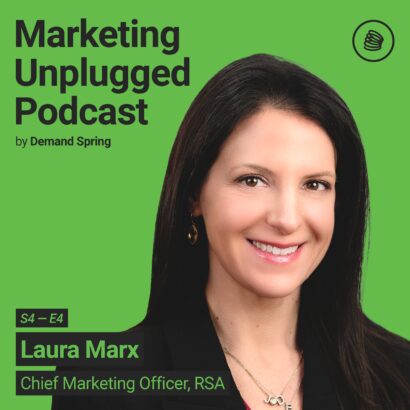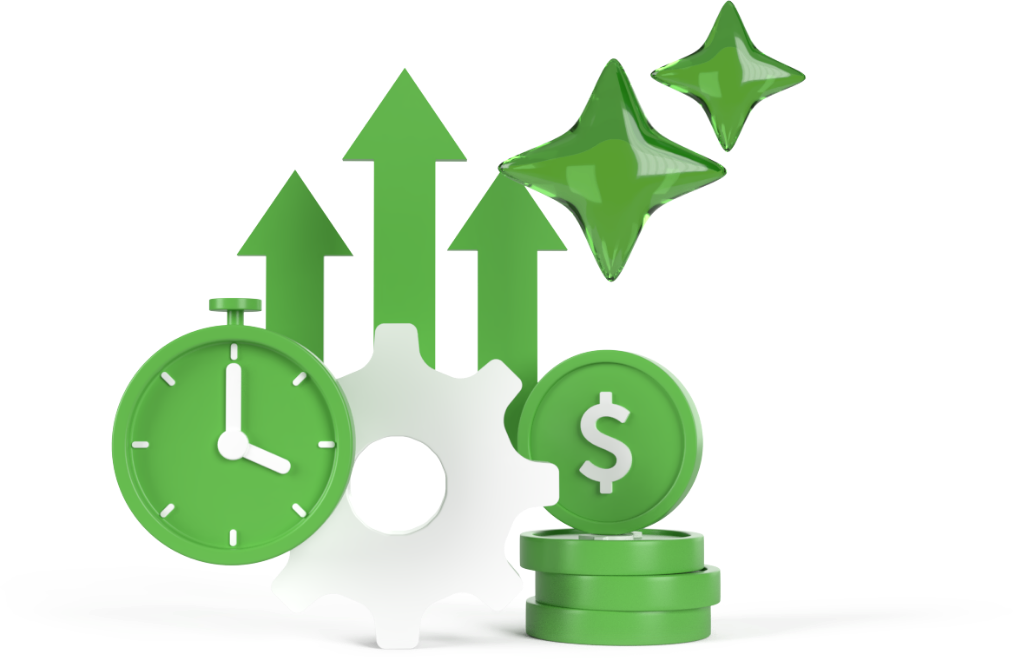
B2B Customer Experience Consulting
Elevate Your B2B Customer Experience
Build loyalty, boost retention, and drive revenue by optimizing every interaction.
Are you struggling with customer engagement after the sale? Facing poor customer retention rates due to an inconsistent post-sale experience?
Many B2B companies focus heavily on acquisition but neglect the crucial journey after the deal is closed. Demand Spring helps you design and implement strategies to unify buyer touchpoints across channels, creating seamless, valuable experiences that build loyalty and directly contribute to revenue growth.
Our Approach to Optimizing B2B Customer Experience
Our structured methodology transforms your CX from reactive to strategic. Here’s how we enhance your customer journey:
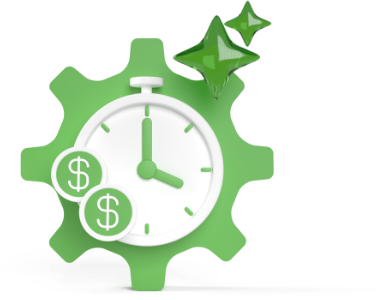
1. CX Audit & Journey Mapping
We audit your current post-sale processes, map key customer journeys (onboarding, support, renewal), and identify points of friction contributing to inconsistent post-sale experiences.

2. Unifying Touchpoints & Identifying Gaps
We analyze interactions across departments (Sales, Service, Success, Marketing) to pinpoint disconnects and opportunities to unify buyer touchpoints across channels for a seamless experience.
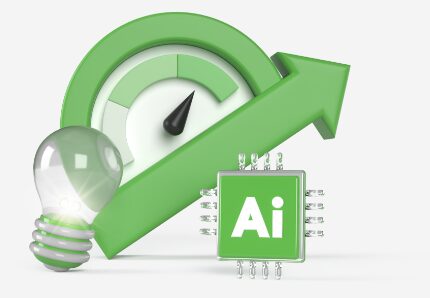
3.Developing a Strategic CX Roadmap for B2B
Based on findings, we co-create a strategic CX roadmap for B2B, outlining prioritized initiatives for improving processes, technology, communication, and training to boost engagement and retention.
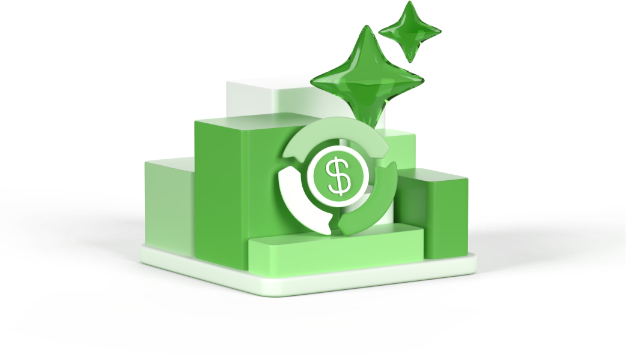
4. Designing Interventions to Fix Poor Customer Retention
We design specific programs and process improvements targeting key drivers of churn, helping you actively fix poor customer retention through proactive engagement and value delivery.

5. Implementing Measurement Frameworks
We establish clear metrics and reporting processes for measuring CX impact on revenue and demonstrating the value of your CX initiatives.
The Results You Can Expect

Improved customer loyalty and significant reduction in churn, helping fix poor customer retention.

More consistent and positive experiences across all post-sale interactions.

Increased customer lifetime value and expansion revenue.

Clear visibility into CX performance and its financial impact through better measuring CX impact on revenue.
Why Choose Demand Spring?
We partner with you to build customer experiences that become a competitive advantage. Here’s why leading B2B organizations trust us:
B2B Specific CX Expertise
Deep understanding of complex B2B relationships, long sales cycles, and post-sale value drivers.
Strategic CX Roadmap Development
Proven ability to create actionable, strategic CX roadmaps for B2B environments.
Focus on Retention & Revenue
Our methodologies directly link CX improvements to tangible business outcomes like retention and measuring CX impact on revenue.
Cross-Functional Approach
Experience in facilitating alignment across Sales, Marketing, Service, and Success to unify buyer touchpoints.
Related Services
Enhance your ABM strategy with our services:
Transform your sales development with AI-powered solutions from Demand Spring. Automate tedious tasks, personalize outreach at scale, and accelerate deal conversions—freeing your SDRs to focus on building relationships and closing opportunities.
Empower your team with AI to drive precision, productivity, and scalable growth at every stage.
Equip your team with the skills to confidently implement AI for real-world marketing impact.
Get Started
Take the Next Step Towards Exceptional B2B Experiences
Let’s build a strategic CX roadmap for B2B designed to fix poor customer retention and unify buyer touchpoints. Start measuring CX impact on revenue and turn customer experience into your growth engine.
FAQS
1. What are the common signs we're struggling with customer engagement post-sale?
Signs include low product adoption rates, infrequent communication, poor support feedback (CSAT/NPS), lack of participation in webinars or user groups, declining usage metrics, surprise churn, and difficulty securing upsell/cross-sell opportunities.
2. How do you help unify buyer touchpoints across channels for existing customers?
We map all interaction points (support tickets, emails, CSM calls, marketing comms, website logins, etc.), identify data silos, recommend technology integrations (like CRM/Support/CSM platforms), and help establish consistent messaging and processes across departments.
3. What does a strategic CX roadmap for B2B typically include?
It usually includes prioritized initiatives across people (training, roles), process (onboarding, support flows, feedback collection), and technology (CRM optimization, Customer Success platforms, knowledge base). It outlines owners, timelines, and metrics for success.
4. Can you provide specific examples of how you help fix poor customer retention?
Examples include implementing proactive outreach programs from Customer Success Managers, designing better onboarding experiences, improving knowledge base resources, creating customer health scores to predict risk, and developing targeted engagement campaigns for at-risk segments.
5. Our post-sale experience feels very inconsistent depending on who the customer talks to. How do you address that?
We address this through process standardization, cross-functional training, creating shared customer data visibility (often via CRM), developing consistent internal communication protocols, and implementing unified messaging guidelines for all customer-facing teams.
6. How do you approach measuring the CX impact on revenue?
We correlate CX metrics (NPS, CSAT, health scores) with financial outcomes like retention rates, churn reduction (calculating saved revenue), upsell/cross-sell revenue from existing customers, and customer lifetime value (CLV) improvements over time.
7. What role does technology play in improving B2B CX?
Technology is crucial for enabling better B2B CX. Key tools include CRM (central customer record), Customer Success Platforms (health scoring, playbook automation), Support Ticketing Systems, Knowledge Bases, and Marketing Automation (for ongoing communication). We help select and optimize these tools.
8. How long does it take to develop and see results from a CX strategy?
Developing the initial strategic CX roadmap might take 8-12 weeks. Some “quick win” improvements might show results within a quarter, while more significant cultural or process changes impacting retention and revenue may take 6-12 months to fully materialize and measure accurately.
